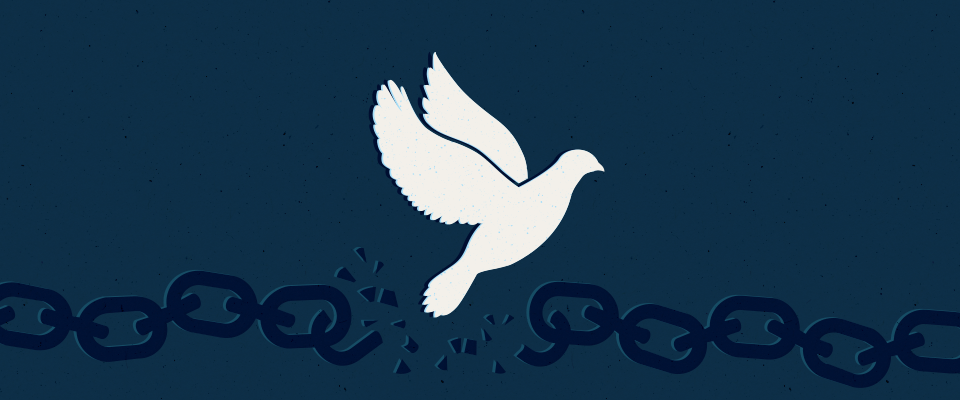Understanding Emancipation Day in the British Empire
Emancipation Day, recognized on August 1, commemorates the abolition of slavery in the British Empire, including Canada, as a result of the Slavery Abolition Act of 1833. This pivotal day marks the liberation of over 800,000 enslaved Africans and their descendants, including those in Canada. While Emancipation Day celebrates freedom and the end of a brutal era, it also serves as a reminder of the resilience and contributions of Black communities throughout Canadian history.
The Historical Context of Slavery in Canada
Slavery in Canada dates back to the early colonial period, with both Indigenous Peoples and Africans being enslaved. Historian Marcel Trudel estimates that around 4,200 people were enslaved in Canada between 1671 and 1831. The British colonial settlers significantly increased the number of enslaved Africans in the region. Despite the challenges, many enslaved people resisted through escapes and rebellions, seeking freedom in areas where slavery had been abolished, such as parts of the United States and other territories.
The Role of the Union in Recognizing Emancipation Day
The Public Service Alliance of Canada (PSAC) acknowledges Emancipation Day as a crucial moment to reflect on the historical injustices faced by Black and Indigenous Peoples and to continue the fight against racism and discrimination. Unions play a vital role in this ongoing struggle by advocating for the rights and dignity of all workers, promoting diversity and inclusion, and ensuring equitable treatment in the workplace.
Emancipation and Caribbean Nations
Many CEIU members trace their heritage to Caribbean nations profoundly affected by British slavery, such as Jamaica, Barbados, Trinidad and Tobago, and others. The legacy of slavery in these regions includes a history of economic exploitation, cultural suppression, and systemic inequalities that persist today. The transatlantic slave trade forcibly brought millions of Africans to the Caribbean, where they endured harsh conditions on plantations and contributed significantly to the wealth of the British Empire.
Caribbean nations have a rich history of resistance and resilience. Revolts and uprisings were common as enslaved people fought for their freedom. The abolition of slavery in these regions paved the way for the development of vibrant cultures and societies, despite the ongoing challenges posed by colonialism and its aftermath.

The Intersection of Emancipation and Workers’ Rights
Emancipation Day is not just a historical commemoration; it resonates deeply within the labor movement. The principles of freedom, equality, and justice that underpin Emancipation Day align closely with the core values of unions. The fight for fair wages, safe working conditions, and workers’ rights echoes the broader struggle for human rights and social justice.
For the Canadian Employment and Immigration Union (CEIU), recognizing Emancipation Day involves honoring the legacy of those who fought for freedom and acknowledging the work that still needs to be done to achieve true equality. It means addressing systemic racism within workplaces and society, advocating for policies that support marginalized communities, and fostering an environment where every worker feels valued and respected.
Reflecting on Past and Present Challenges
While Emancipation Day celebrates a significant historical victory, it also prompts reflection on contemporary issues. Black and Indigenous workers still face disparities in employment, pay, and opportunities. Racial discrimination, both overt and systemic, remains a barrier to equality. For unions, addressing these issues involves a multifaceted approach, including:
- Education and Awareness: Promoting understanding of the historical and ongoing impacts of slavery and racism through workshops, seminars, and public statements.
- Policy Advocacy: Lobbying for anti-discrimination laws, equitable hiring practices, and policies that address systemic inequalities.
- Support and Solidarity: Providing support to workers facing discrimination and fostering solidarity among all members to create a united front against racism.
- Diversity and Inclusion Initiatives: Implementing programs that promote diversity within union leadership and membership, ensuring that all voices are heard and represented.
Celebrating Strength and Perseverance
Emancipation Day is a celebration of the strength and perseverance of Black communities in Canada and the Caribbean. It is a day to honor the contributions of Black Canadians and Caribbean immigrants who have enriched the country’s social, cultural, and economic fabric. For unions, this celebration includes recognizing the achievements of Black workers and leaders within the labor movement who have championed the cause of equality and justice.
Moving Forward: The Role of Unions
As we celebrate Emancipation Day, it is crucial for unions like CEIU to continue their commitment to fighting racism and promoting equality. This involves not only addressing issues within the workplace but also advocating for broader societal changes. By standing in solidarity with marginalized communities, unions can help build a more just and equitable society for all.
Emancipation Day is a reminder of the power of collective action and the importance of standing together in the fight for freedom and justice. As we reflect on the past, we must also look to the future, continuing the work to dismantle systemic racism and create a better world for all workers.
For more information on Emancipation Day and its significance, you can visit the Public Service Alliance of Canada and Government of Canada websites.

